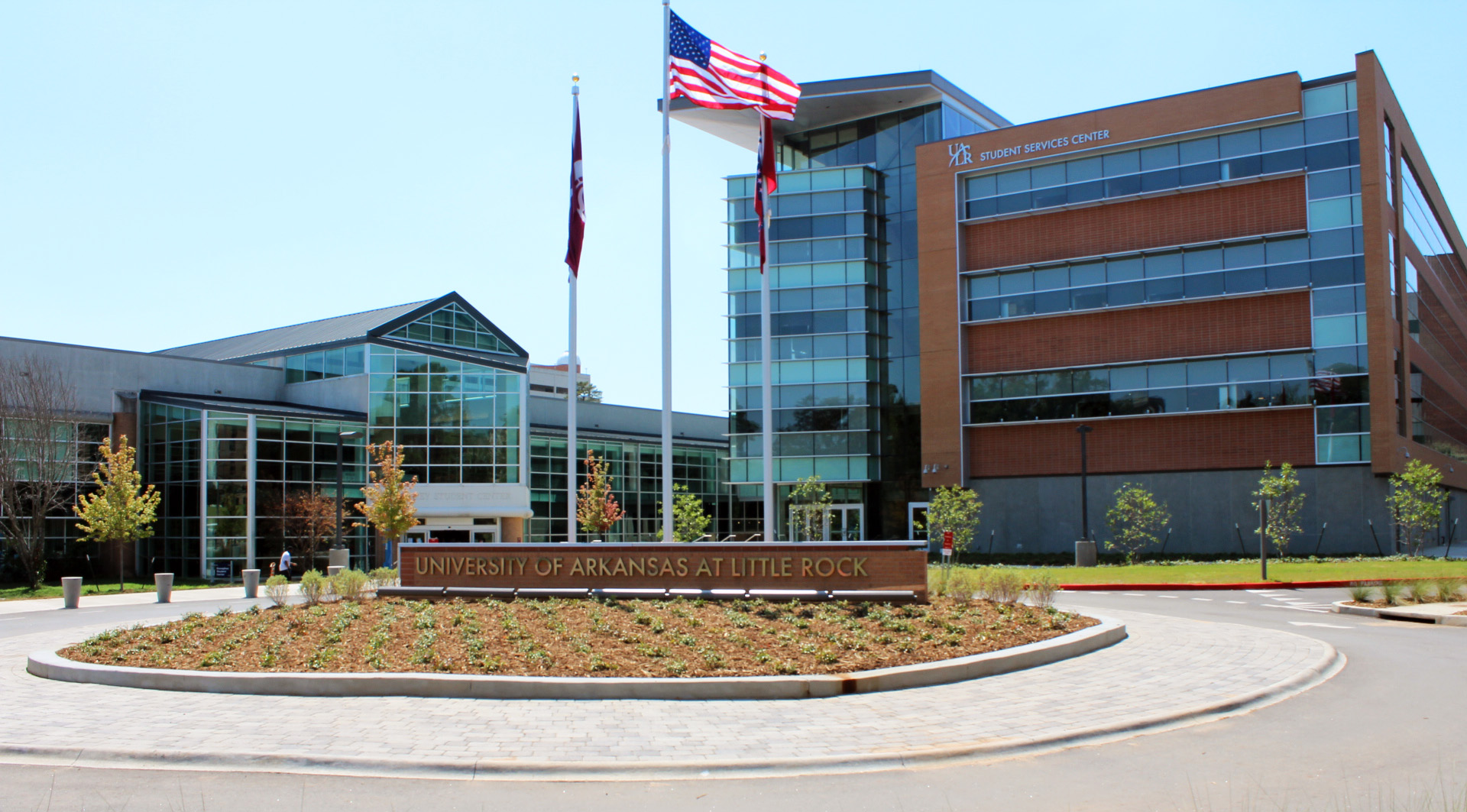
The University of Arkansas at Little Rock is part of a coalition of universities and industry partners that are developing a curriculum to increase cybersecurity talent focused on health care with $6.3 million in funding from the National Security Agency.
UA Little Rock will work with the University of Louisville, the University of North Florida, Bluegrass Technical and Owensboro Technical, the Forge Institute, and a coalition of industry partners to develop a training curriculum focused on health care cybersecurity. UA Little Rock will receive $640,000 for the three-year grant.
“As health care data generation becomes increasingly complex, it is absolutely critical that patient health information be secure and protected. Artificial intelligence and machine learning technologies enable new methods of data protection,” said Dr. Mariofanna Milanova, professor of computer science and principal investigator on the grant for UA Little Rock.
The pilot phase of the health care cybersecurity workforce certificate initially will provide free training for 200 first responders and military veterans. The certificate incorporates technology industry badging from Microsoft, IBM, and Google as well as hands-on applied learning and gamification components. Participants will learn how to protect information systems used by patients, providers, and payers in the health care industry.
UA Little Rock will work with the Forge Institute, a nonprofit organization that specializes in developing private-public partnerships that advance cyber operational objectives. The Forge Institute will help test the cybersecurity curriculum through its existing cybersecurity boot camp, where participants are trained to become cybersecurity analysts.
“Our team is proud of UA Little Rock for being selected to participate in this research consortium led by the University of Louisville,” said Lee Watson, CEO of Forge Institute. “The team at UA Little Rock has a deep bench of capability in researching and developing new tools and models for education delivery. This collaboration between the Forge Institute and UA Little Rock will allow us to develop, better tailor, and test cybersecurity curriculum for the veteran and first responder communities.”
Program participants will complete the three-level certificate program in six months through online courses led by instructors from coalition institutions, gaining expertise in artificial intelligence, robotics, blockchain, internet of things (IoT), machine learning. and other areas.
The curriculum will employ innovative training tools including gamification and make use of anonymous datasets and use cases provided by industry partners. Once developed, the curriculum will be available to other institutions free of charge for one year. The first cohort of 30-40 students is expected to be enrolled in spring 2021. Each of the schools in the coalition is a NSA-designated National Center of Academic Excellence in Cyber Defense and contributes interests, experience, and skills aligned with health care cybersecurity systems.
Researchers at the UA Little Rock Cyber Gym, an education and simulation model laboratory for cybersecurity learning, will develop next-generation tools for delivering and assessing the cybersecurity curriculum. This will provide an exciting research opportunity for students who are entering the new bachelor’s degree in cybersecurity that will begin in the fall 2021 semester.
“I’m excited to work on this research project with the NSA. As a 15+ year veteran in cybersecurity, I have seen first-hand the challenges of developing a qualified workforce,” said Philip Huff, assistant professor of computer science and cybersecurity at UA Little Rock. “Cybersecurity is a complex field, because the tools, tactics, and techniques criminals use are ever evolving. To help address this concern, we will be developing training on cutting-edge technologies to help grow a more competitive cybersecurity workforce.”


